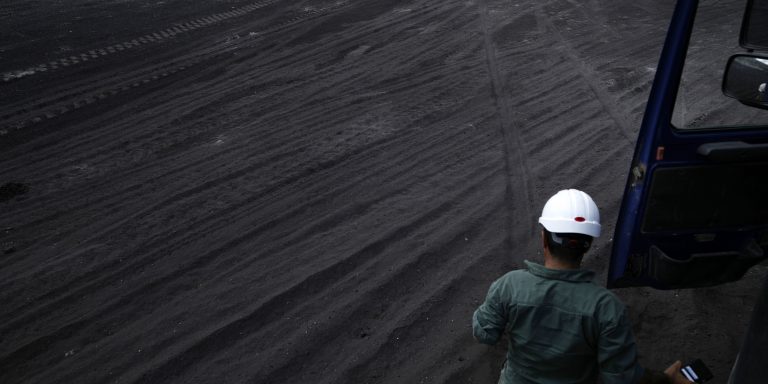INTELBRIEF
January 24, 2023
IntelBrief: The Global Challenge of Critical Minerals

Bottom Line Up Front
- The global drive to promote clean energy will strain the supply chain for critical minerals.
- The complexities of the global market for minerals crucial to the clean energy transition were highlighted by U.S. officials at January’s Global Energy Forum.
- Experts and U.S. officials seek to prevent China, in particular, from cornering the market for producing and processing critical minerals.
- Experts hope that developing nations will use new foreign investment in their critical minerals resources to accelerate national economic development and avoid the adverse consequences of financial windfalls.
The global drive to transition away from reliance on fossil fuels has complicated the market for minerals critical to clean energy industries. The growing market share of electric vehicles (EVs), for example, has fueled demand for minerals such as lithium, nickel, cobalt, manganese, and graphite; rare earth elements are essential for wind turbines and EV motors; and electricity networks require significant amounts of copper and aluminum. At January’s Global Energy Forum in Abu Dhabi, U.S. Special Presidential Coordinator for Global Infrastructure and Energy Security Amos Hochstein warned of the potential national security risks posed by concentration in or monopolization of the critical minerals market, warning that the current trajectory could lead to “a carbon copy of the twentieth century geopolitics of energy architecture in which a few countries…control the entire supply chain for wind, solar, [and] electric vehicles’ chips.” The United Arab Emirates’ hosting of the forum reflects the country’s intent to establish itself as a leader in the investment of financial and intellectual capital for the clean energy transition.
U.S. officials and experts have expressed concern that China might corner key parts of the critical minerals industry and use this control to drive its growing market share in industries like EVs. Through ownership of foreign mineral assets and its domestic industrial policy, China controls between 60-100% of various stages of the supply chains of several critical minerals, including copper, aluminum, lithium, cobalt, and graphite, according to the Brookings Institution’s LTRC Project. With U.S. leaders saying that a diversified energy system requires accelerated investment in critical minerals outside as well as within the United States, the G7 group of major industrialized nations last year formed the “Partnership for Global Infrastructure and Investment” (PGII) to aggregate investments in critical minerals and other infrastructure development in low- and middle-income countries. According to the Biden administration, the partnership plans to invest over $600 billion in global projects through 2027. Many experts interpret the PGII, at least in part, as a Western effort to counter China’s Belt and Road Initiative, which similarly funds infrastructure projects in the Global South, though the World Bank has said that financing BRI projects could grow the debt of some recipient countries to “unsustainable levels.”
To promote national self-sufficiency and counter Chinese market concentration, the United States plans to expand critical mineral projects within its own territory, including two new graphite processing facilities and a cobalt mine. Currently, the vast majority of cobalt is procured from the Democratic Republic of Congo. Financial incentives from the 2022 U.S. Inflation Reduction Act (IRA) aim to ensure that critical minerals mined from U.S. territory can also be processed domestically. Hochstein noted that many foreign investors have already committed to or begun significant critical minerals projects inside the United States. Further, the United States has partnered with the European Union and nine other countries to bolster relevant supply chains via the Mineral Security Partnership.
U.S. and global officials have urged governments in the Global South with significant critical mineral deposits to demand that foreign investors seeking critical minerals supplies help them build diversified economies resilient to the so-called natural resource curse – which has often plagued petrostates overly reliant on a single commodity. Development experts have also urged them to promote balanced economic development benefitting their whole populations rather than primarily local elites, and ensure that any resulting financial windfalls not be misused or contribute to government corruption. Global development officials urged governments evaluating critical minerals investment proposals not to cede the opportunity to process and utilize their minerals products to countries at an advanced stage of development.